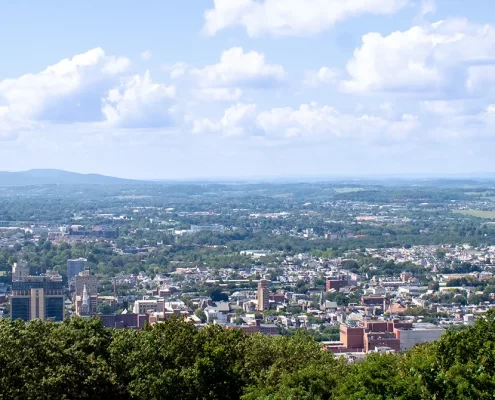
Big Win in Bitler v. Robeson Township
Berks County, First Amendment, UpdatesYesterday Judge Leeson of the District Court for the Eastern District of Pennsylvania ruled in favor of our client, Timothy Bitler Sr., a supervisor on the Board of Supervisors in Robeson Township. Mr. Bitler has been recording township meetings,…
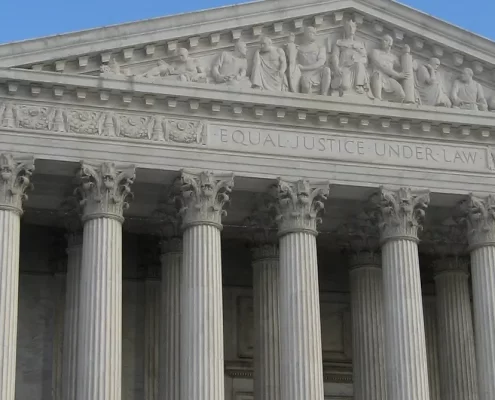
Cornerstone case granted appeal by SCOTUS
First Amendment, UpdatesIn 2020, Cornerstone Law Firm attorney David Crossett represented a mail carrier from Lancaster named Gerald Groff. Mr. Groff sued the United States Postal Service for their failure to accommodate his religious beliefs regarding working on Sundays.…

My Student’s Discipline at School Was Excessive – What Should I Do?
Civil Law, First Amendment, Religious FreedomIf your child is a K-12 student and has received discipline that you think is excessive, what options do you have? Can you sue the school or do anything to demand a lesser punishment? The answers to these questions depend on a few factors, but…
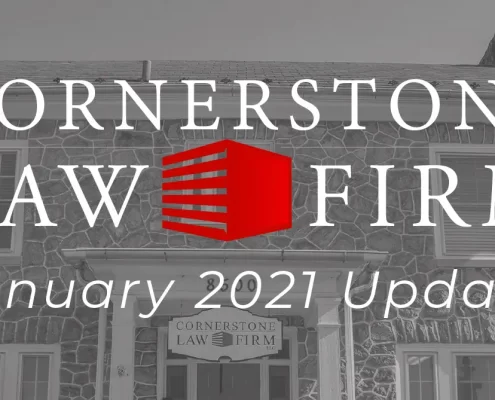
January 2021 Update
Berks County, Business Law, Car Accident, First Amendment, UpdatesAttorney David Crossett has continued working through personal injury claims for car accident victims in Reading, Pennsylvania this month. Speaking of clients who are concerned about whether their car insurance was sufficient during a car accident,…
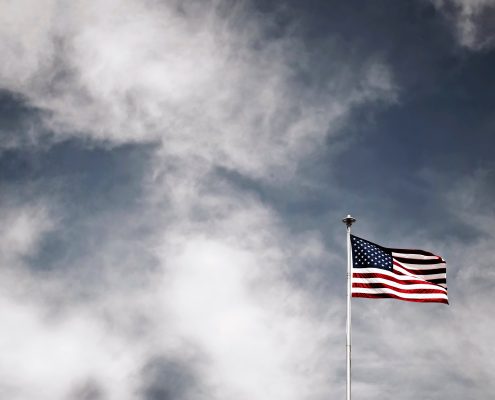
Time, Place and Manner Restrictions on the First Amendment
First Amendment, Lawsuit, Updates
In previous posts, we have discussed the importance of the First Amendment. We have also discussed that speech is not always just speech — it can also be conduct. Today, we are going to talk about legitimate government restrictions on the…
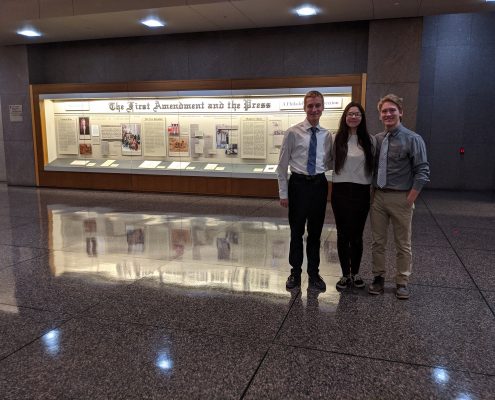
Oley Valley Students Settle First Amendment Lawsuit
First Amendment, Lawsuit, Updates
Every American has the right to free speech under the First Amendment. That's why Cornerstone Law Firm is glad to announce that our clients, three students in the Oley Valley School District, have had their voices heard in their recently settled…
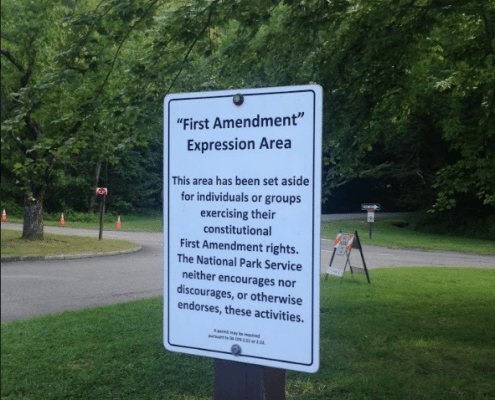
National Park "First Amendment" Signs Should Come Down
First AmendmentLast week, after observing signs in National Parks purporting to limit the exercise of the First Amendment, Attorney Joel Ready sent the following letter to Ryan Zinke, Secretary of the Department of Interior, and to Michael Reynolds, the director…
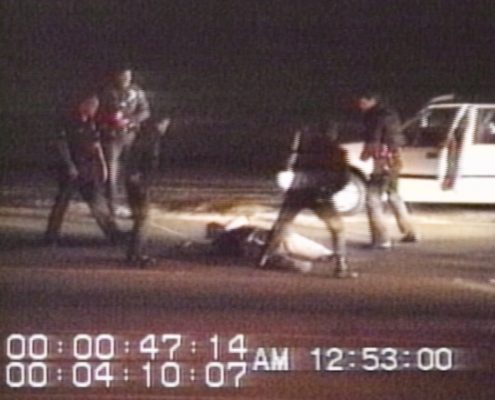
Film the Police
First Amendment, Law EnforcementFilming the police has become an act of political speech. Police actions caught on camera have played an enormous role in debates over police brutality and practices over the last twenty years, most infamously in the case of Rodney King. In…
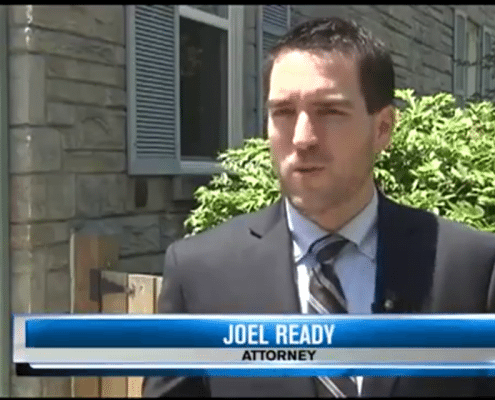
Police Dashboard Camera Videos Must Be Released
First Amendment, Law EnforcementPolice dashboard camera videos are available to the public pursuant to Right to Know requests in Pennsylvania, says the Supreme Court of Pennsylvania. The ruling in Pennsylvania State Police v. Grove, which came down Tuesday, affirms that Motor…
